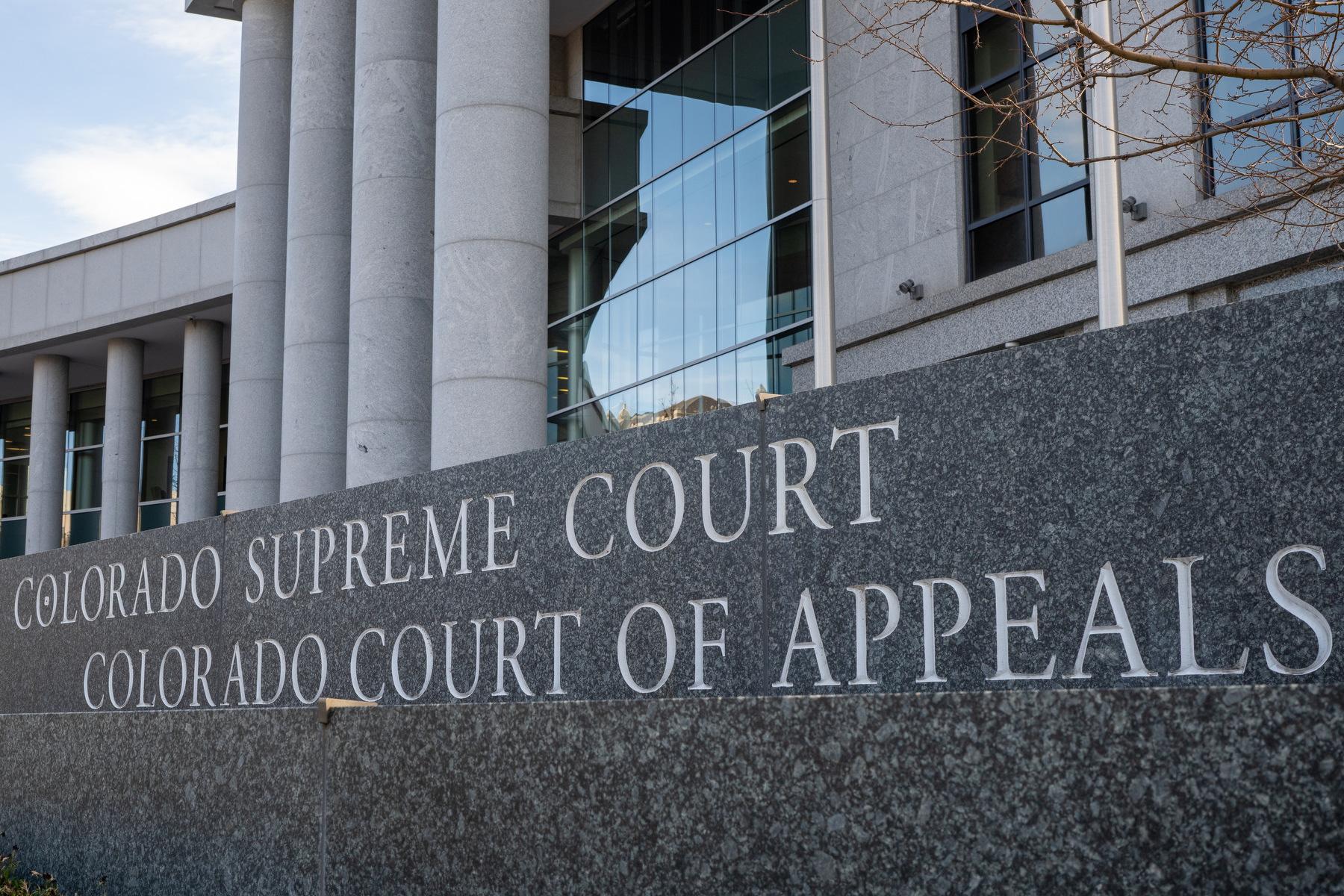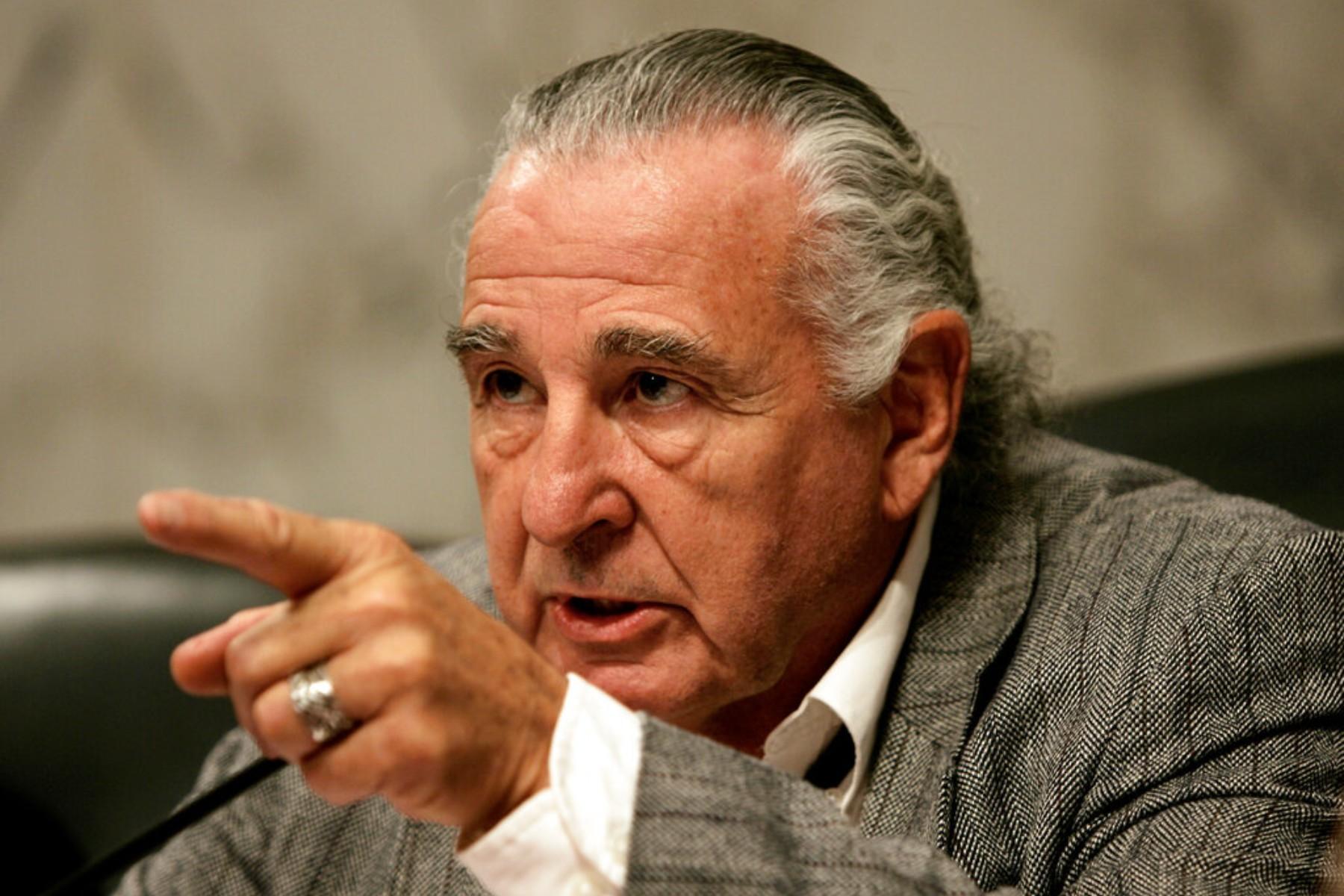
Barely two weeks remain until the certification deadline for Colorado’s primary ballots, setting in stone which names voters will see on them.
And after the Colorado Supreme Court sent shockwaves across the country Tuesday, it’s not clear yet whether former president Donald Trump will be included.
The court ruled that Trump engaged in insurrection around the January 6 attack, and therefore is disqualified from appearing on the ballot. But if the U.S. Supreme Court agrees to take up an appeal of the ruling, it could put Trump back on Colorado’s ballot – or remove him from those in all 50 states.
What does all this mean for Colorado residents who will soon vote in next year’s March primary? Here’s how it might play out.
A lot depends on the U.S. Supreme Court and its timing
Colorado voters will vote in the presidential primary on “Super Tuesday,” March 5, 2024, and the Colorado Secretary of State must certify the ballot for that primary by Jan. 5, 2024 – just over two weeks from now.
Despite Tuesday’s ruling, Trump may still be on the Republican ballot.
That’s because the state court’s ruling says that as long as the U.S. Supreme Court agrees to hear an appeal – and the Trump campaign said it would file one – by Jan. 4, 2024, the Secretary of State must go ahead and include Trump’s name.
The only way Trump’s name won’t appear on Colorado primary ballots is if the U.S. Supreme Court declines to take on the case, or if it quickly upholds the Colorado decision.
Numerous Republican voters have told CPR News that they plan to write in Trump in that case. However, those votes wouldn’t be counted if the ruling stands, according to Colorado Secretary of State Jena Griswold.
“We do not count the votes of unqualified write-in candidates,” she said.
It’s also possible that Trump’s name will appear on ballots, but votes for him won’t count. That could happen if the U.S. Supreme Court affirms the Colorado ruling after ballots are certified in early January.
Griswold said in that scenario, votes for Trump either wouldn’t be counted at all or they would be set aside and not used for the final determination.
“It's honestly not atypical to have a candidate who either withdraws or becomes disqualified on a ballot,” she said in an interview. “It's not our preferred way to run elections, but that has happened.”
The state GOP is threatening to drop its primary. Griswold says they can’t
The lawsuit that resulted in the state Supreme Court’s ruling against Trump was brought by Republican and unaffiliated voters. But the leadership of Colorado’s Republican Party is effusively pro-Trump. Its leaders said if the ruling stands, they will move to withdraw from the primary.
“If Trump's not going to be on that ballot, then we're not going to participate,” State GOP Chair Dave Williams told CPR News.
The state party would instead seek a waiver from the Republican National Committee to allow it to use a caucus system in April, Williams said, with Trump as an allowed candidate.
But Griswold said Williams and his party can’t legally switch to a caucus system for its presidential selection, citing 2016’s voter-approved Proposition 107 that replaced caucuses with state-run primaries.
“Colorado's presidential primaries cannot be canceled because a political party doesn't want to have them,” said Griswold, a Democrat, adding that such a move would likely result in litigation.
Asked for a response, Williams said, “Bring it.”
Regardless of the open questions over the primary, Griswold said Colorado would continue to live up to its reputation for holding free and fair elections.
“We're a state that is considered the nation's gold standard for elections,” she said. “We'll have a great presidential primary. But we just have to be a little patient to see the final results of this issue.”
CPR News reporter Caitlyn Kim contributed to this report.









